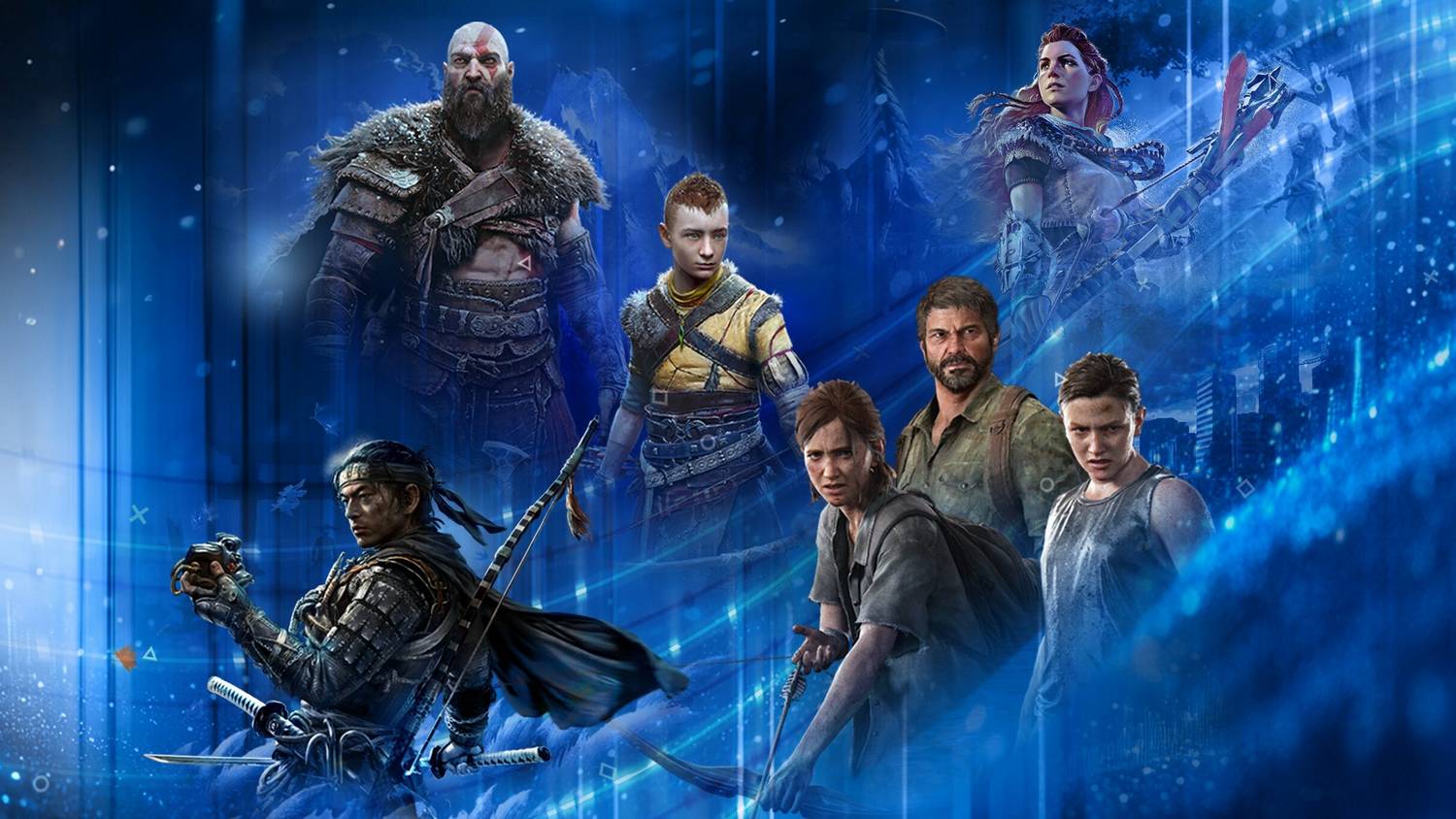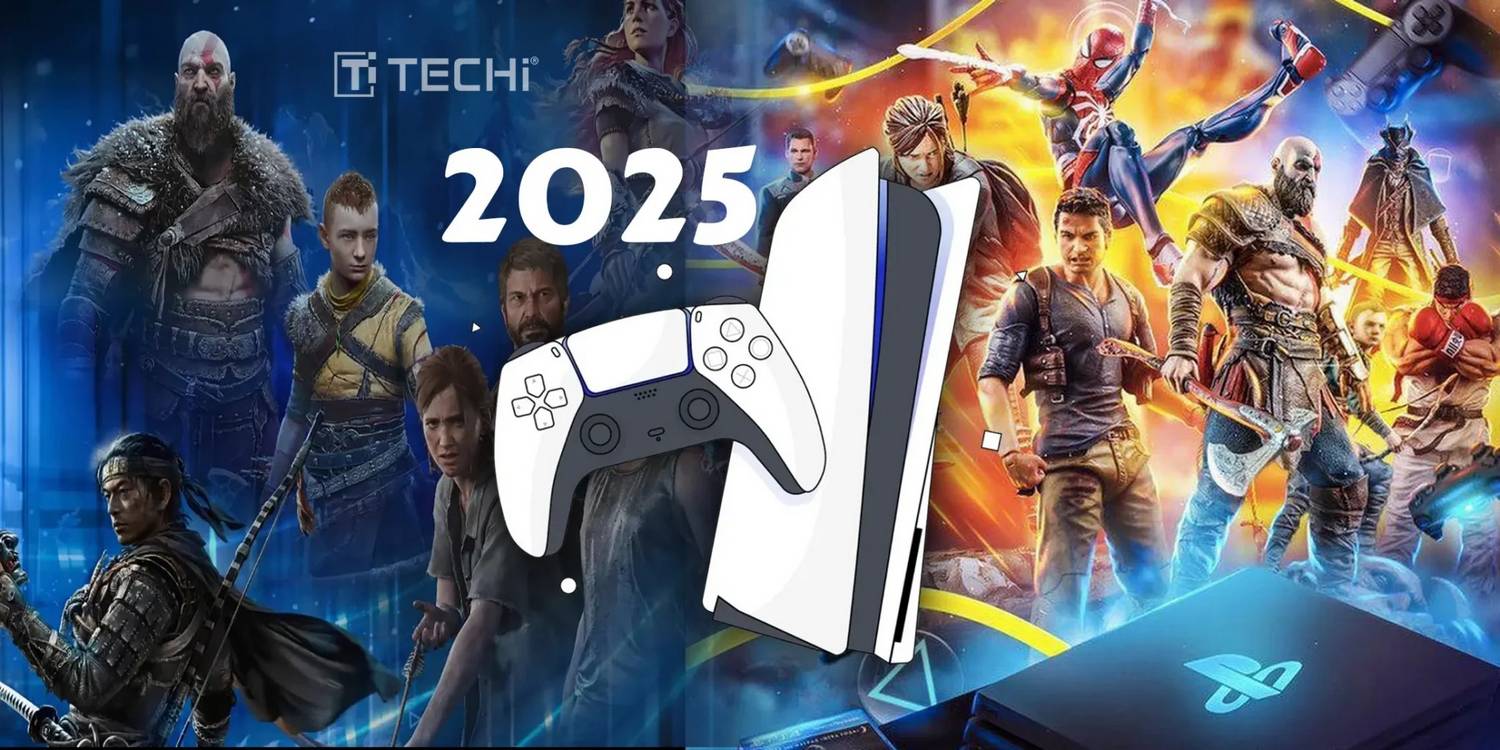Financial and Fan Fallout: Sony’s Symphonic Ambition Falls Flat in the US
Popular Now
 Among Us
Among Us
 Auto X Drift Racing 3
Auto X Drift Racing 3
 Warframe
Warframe
 NBA 2K24
NBA 2K24
 The Legend of Zelda
The Legend of Zelda
 Garena Free Fire: Kalahari
Garena Free Fire: Kalahari
 Roblox
Roblox
 EA SPORT FC 25
EA SPORT FC 25
 Black Myth: Wukong
Black Myth: Wukong
 PUBG Mobile
PUBG Mobile  The gaming world is currently reeling from the abrupt and widespread cancellation of nearly all remaining PlayStation: The Concert 2025 tour dates across North America. The event, an ambitious orchestral showcase of iconic scores from hit franchises like The Last of Us, God of War, and Horizon, has been quietly dismantled, with organizers notifying ticketholders of the sudden change. While an official statement from Sony Interactive Entertainment (SIE) regarding the specific reason is conspicuously absent, industry observers and reporting from outlets like VGC and The Gamer overwhelmingly point to one primary, non-negotiable factor: disappointingly low ticket sales and a failure to secure a broad enough consumer demand for the niche live event. The quiet nature of the cancellations has intensified the fan disappointment, raising questions about the future viability of cross-media brand extensions within the highly competitive entertainment sector, impacting brand loyalty and consumer spending on luxury experiences.
The gaming world is currently reeling from the abrupt and widespread cancellation of nearly all remaining PlayStation: The Concert 2025 tour dates across North America. The event, an ambitious orchestral showcase of iconic scores from hit franchises like The Last of Us, God of War, and Horizon, has been quietly dismantled, with organizers notifying ticketholders of the sudden change. While an official statement from Sony Interactive Entertainment (SIE) regarding the specific reason is conspicuously absent, industry observers and reporting from outlets like VGC and The Gamer overwhelmingly point to one primary, non-negotiable factor: disappointingly low ticket sales and a failure to secure a broad enough consumer demand for the niche live event. The quiet nature of the cancellations has intensified the fan disappointment, raising questions about the future viability of cross-media brand extensions within the highly competitive entertainment sector, impacting brand loyalty and consumer spending on luxury experiences.
The sudden scrapping of the tour’s North American leg for the rest of 2025 follows earlier troubles with postponed and cancelled shows in Europe, signalling a global issue with the concert’s commercial model. Organiser GEA Live confirmed the widespread shutdown, extending their sincere regret to the disappointed community. The remaining 2025 dates for major cities such as New York, Chicago, and Philadelphia were removed from Ticketmaster listings, leaving just a handful of performances still on the schedule as of the latest reports, though even these show significant numbers of unsold seats, a stark visual representation of the challenge faced by the high-cost production.
Deep Dive: Analyzing the Low Ticket Sales and Market Disconnect (CPC Keyword Focus: Luxury Entertainment, High-Value Console Sales)
The failure of the concert to resonate with the North American public can be dissected into several key factors, providing critical insights for the video game industry and future live entertainment ventures. It appears the initial projection of commercial demand for a PlayStation-branded symphonic experience was severely overestimated, a miscalculation in translating strong game sales into guaranteed ticket revenue.
- The “Modern Music” Problem: Many fans and critics suggest the concert’s focus on music from modern PlayStation first-party titles—such as God of War (2018), Ghost of Tsushima, and The Last of Us—lacked the universal pull and nostalgia of the soundtracks from more established, decades-old orchestral concert franchises like Final Fantasy or The Legend of Zelda. While the music is critically acclaimed, its “cinematic” and often generic nature, as described by some gamers, may not be as immediately recognizable or memorable in a standalone concert format, thus failing to drive impulse purchase for a premium-priced ticket.
- Brand Extension Misalignment: The core criticism is a fundamental disconnect between the product and the target audience’s mode of engagement. Gamers primarily interact with the music through active play and immersive, single-player experiences. Marketing a passive, high-culture orchestral evening, even with striking visuals, may have failed to capture the celebratory, interactive spirit that fans crave, contrasting with more successful “live play” events like Video Games Live. This exposed the limits of brand affinity when stretched beyond the core product (the PlayStation 5 and its games).
- Economic Headwinds and Pricing Pressure: In the current global climate, consumer spending on discretionary, luxury entertainment like a high-production concert tour is under intense pressure. Reports indicate the ticket prices were relatively high. With the rising cost of living, high inflation rates, and increased pricing for the latest AAA video games ($70 games), fans are forced to be far more selective with their entertainment budget. This economic reality creates an environment where only truly iconic and universally loved IPs can guarantee a sell-out, placing the concert’s perceived value proposition under scrutiny.
- Marketing Visibility and SEO: Despite Sony’s vast marketing resources, numerous potential attendees reported having no idea the concert even existed until news of the cancellations broke. This suggests a failure in the marketing strategy or a lack of penetration beyond core, dedicated fan groups, which is a critical point when aiming for the necessary mass-market appeal to fill large venues. Effective SEO and targeted digital marketing are paramount for niche products to reach the right paying audience.
 Impact on Ticket Holders and Refund Procedures (High CPC Keywords: Ticketmaster Refund, Cancelled Event Compensation)
Impact on Ticket Holders and Refund Procedures (High CPC Keywords: Ticketmaster Refund, Cancelled Event Compensation)
The primary concern for thousands of affected fans is the handling of ticket refunds. The cancellations were executed quietly, with ticket holders typically receiving direct notification via email from the original point of purchase, such as Ticketmaster. The general procedure for a cancelled event is an automatic, full refund to the original form of payment, a process that usually begins shortly after the cancellation is confirmed. However, the sudden nature of the decision has caused significant frustration for those who had already invested in non-refundable travel and accommodation—a common and expensive commitment in the premium concert touring landscape.
The promoter, GEA Live, issued a statement acknowledging the “great regret” of the decision and the disappointment felt by fans, but offered no public compensation for ancillary costs beyond the ticket price itself. This highlights a significant risk for fans booking tickets to major, non-sporting, non-musical acts in the current uncertain economic climate for large-scale events.
- Refund Status: Full refunds for the ticket purchase price (including service fees) are expected to be processed automatically. Ticket holders should monitor their email and contact the specific booking agent (e.g., Ticketmaster) if the refund is not processed within a reasonable timeframe (typically 7-14 business days).
- Remaining Dates: A very small number of dates were still listed as active on the official tour page, including some in late 2026. However, the mass cancellation of the 2025 US leg casts a long shadow, leading to speculation that even the future international and 2026 dates may be in jeopardy unless the overall strategy is significantly re-evaluated to address the audience disconnect and high production costs.
The dramatic cancellation serves as a clear lesson in the challenges of video game orchestral touring, emphasizing that brand strength in the console market does not automatically translate to commercial success in the competitive, high-stakes live music industry.








 Impact on Ticket Holders and Refund Procedures (High CPC Keywords: Ticketmaster Refund, Cancelled Event Compensation)
Impact on Ticket Holders and Refund Procedures (High CPC Keywords: Ticketmaster Refund, Cancelled Event Compensation)